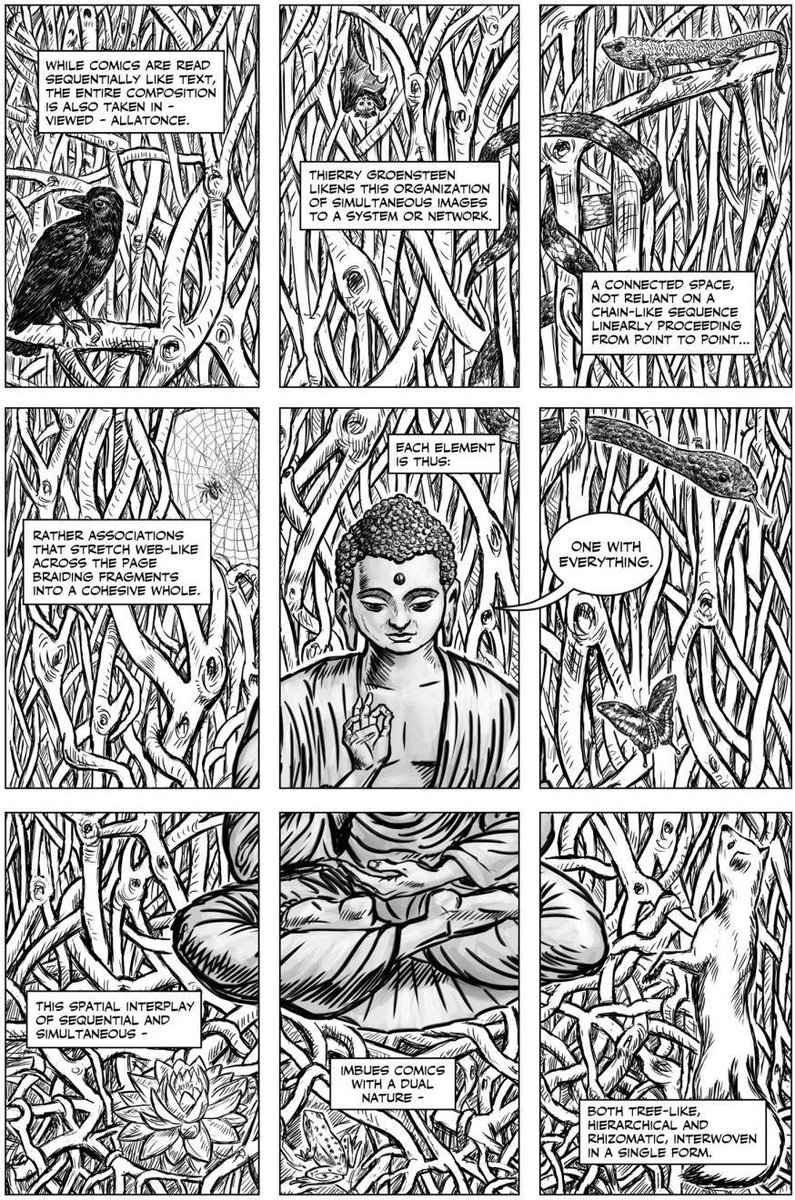The latest instalment of Scripturient, my column for Information Professional, is out now.
In this series, I’m looking at how we can push the boundaries of literacy in the 21st century, to encompass new areas of representation. What does it mean to read the future? To read risks? To read the forces that underpin our relationships and drive us psychologically? To read the signs and signals which exist in the natural world? If we look outside of the institutional and habitual ways of doing things, will we find fresh and useful insights?
In the latest issue of Information Professional, I talk to the librarian and scholar Ludi Price about her research into fan information behaviour: the ways in which communities of people with a shared passion for pop culture manage, organise, and distribute information relating to their fandom.
You can read Ludi’s thoughts about “fan literacy” in a PDF download here, or get your own copy of Informational Professional magazine here. And you can also hear our full conversation in podcast form on Soundcloud.







